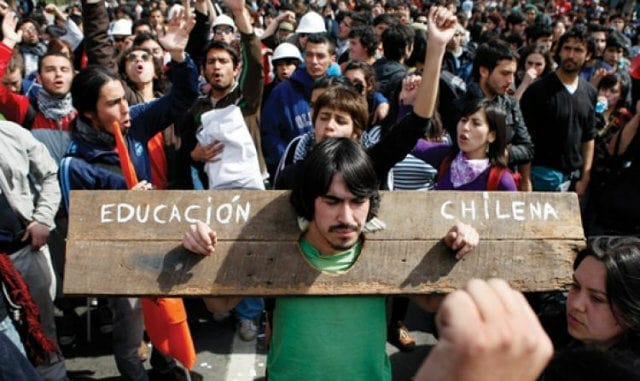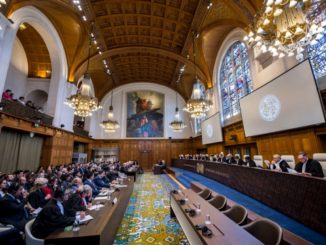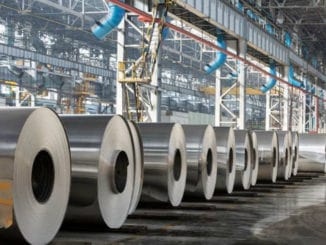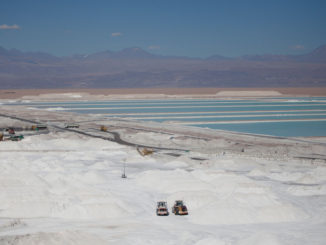
Isabel Cocker/The Santiago Times Staff
With the presidential elections 2017 in Chile approaching, The Santiago Times takes a look at what’s at stake. Which topics dominate the campaigns of the candidates? What can we expect from our future president? Today: Education Policy.
SANTIAGO – A quarter of Chileans say their greatest wish is to have a comprehensive and useful education which will lead them into a good career, according to the Chile Dice survey released earlier this month. That this statistic reflects a dream, not a reality, suggest that there is much to be done to improve education in the eyes of Chile’s citizens. This has made education an important topic for discussion amongst the Presidential Candidates who wish to make their impact in schools and universities nationwide.
In Chile, there is a clear divide between the public and private sectors for both universities and schools. People who can afford to pay for private education get better quality of teaching, with higher staff-student ratios and more individualized attention. However, the majority of Chileans cannot afford that option and are reliant on the free school system provided by the government. It was revealed last month in the OECD Education at a Glance Report 2017 that Chile has the second highest student-teacher ratios for primary and secondary education across all of the OECD countries. The report also showed that Chile spends much less than the OECD average on primary and secondary education.
Chile Elections 2017: What’s at stake in Economic Policy?
The Bachelet government passed a highly-debated bill which de-municipalized primary and secondary education, centralizing the public education system of the youngest members of society. This was opposed by many teachers and students who protested for days in Santiago and other cities across Chile, as they believed it was an excuse to take money away from schools and give the government total control over curriculums and budgets. This bill was passed in conjunction with Chile Vamos, the right-wing coalition supporting Piñera’s candidacy. However, critics of the bill say that it will result in mismanagement of funds and a lack of support from the government for more specialized school. The bill will come into effect during the next Presidential term.
Chile Elections 2017: What’s at stake in Migration Policy?
Perhaps the biggest issue regarding education is the question of paying, or not, for a university education. Many people in Chile believe that education is a right which extends to the tertiary level, therefore the government should provide public universities which would educate people to bachelor level for free. Currently, 40% of public university students are given grants which enable them to study for free, and this will rise to 60% next year due to an increased provision for tertiary education in Bachelet’s final budget.
Piñera’s official manifesto declares that he would provide education for free for the poorest 50% of the population, and offer state loans to the other students so that all would be able to study without worrying about the cost. These loans would only be repayable once the graduate reaches a certain income level, and repayments would stop if ever income dropped beneath that level.
Chile Elections 2017: What’s at Stake in Foreign Policy?
Although Guillier has not formally announced his education policy, he has mentioned in interviews that he will continue with Bachelet’s current policies, which is not surprising considering the parties supporting his candidacy. However, Enriquez-Ominami has declared a wish to make education free on all levels, stating in an interview with the Santiago Times that “education, on all levels, is a right”.
In contrast, José Antonio Kast has suggested that the Chilean economy cannot support free education, stating that even the poorest students should have to do some sort of community work in exchange for free education.



